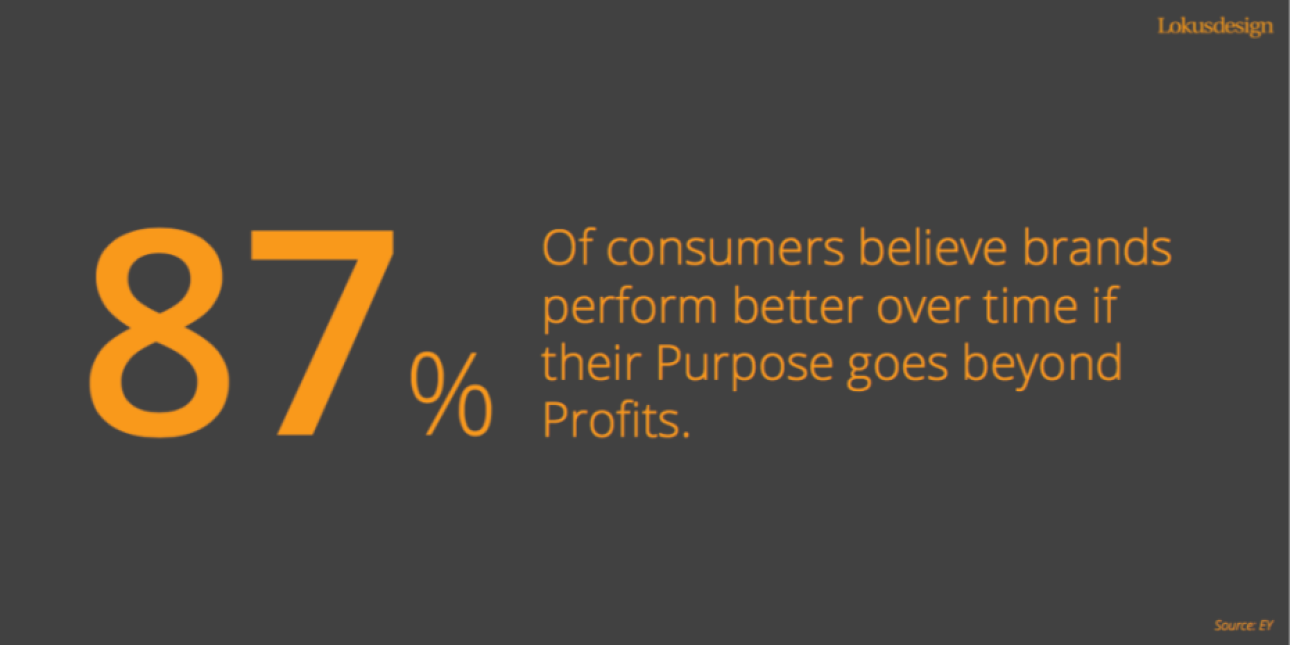PUBLIC RELATIONS
Saturday 8th February 2020
Are Communicators Missing Brand Purpose?
Let me explain. The good people of PRovoke (formerly the Holmes Report) held their annual PRovoke MENA event last week. And they asked me to be part of a panel on brand purpose. The idea of brand purpose matters personally to me; I’ve worked for a number of not-for-profits, and I’ve seen how much it matters to a cause when a business steps in to help. And then there’s the bigger picture; given what’s happening in the world around us, the public are demanding that businesses do more on societal issues.
To me, brand purpose isn’t a buzzword. It’s a realization that there’s more to the business world than profit. We can’t keep doing what we’re doing and expect everything to be well if we’re not tackling environmental issues, inequality, poverty or any of the Sustainable Development Goals.
I know that brand purpose isn’t still widely understood or put into practice here, but even I was shocked by what I saw. When we kicked off the panel, I asked the audience of 150 communicators if brands here were doing enough to tackle big societal issues. Only one hand went up. This single vote was even worse in the context of the day’s agenda. The first panel was packed with the country’s biggest brands, talking about how their presence had grown globally. The panel prior to the brand discussion was all about the region’s youth and what they wanted to see in business.
“We want to see brands making more of an impact but we can’t expect a global brand to be 100% ethical overnight,” said Middlesex University student Cham Alatrach who was part of the youth panel. “Small strides do matter. That way you can see the process and what goes behind it. The youth want to see a change, and that doesn’t happen overnight.”
An Issue that Communicator Should Own
As far as I’m concerned, brand purpose should be our cause. Many communicators also include corporate social responsibility in their role, and it’s easy to see why. We engage with stakeholders, we listen to their issues as part of a wider dialogue, and we look to see how we can support their needs. Brand purpose is a natural extension of CSR in many ways. It also matters to employees (it’s the basis of employer branding), and so should be seen as part of internal communications.
My concern is that we’ll miss the boat when it comes to brand purpose, like we did during the introduction of social media. This was an idea based on engagement and dialogue, and yet everyone jumped in, from creatives to media buyers, marketers and even customer support.
How Agencies Can Add Value
I’ve had the good fortune to work with a company that was a pioneer in cause marketing. P&G has been brilliant in creating brands that serve a greater good. For an example of this, look at Pampers-UNICEF and the work this partnership has undertaken to eliminate maternal and neonatal tetanus.
One aspect of my job with P&G which I’ve enjoyed more than anything else has been the opportunity to create new cause ideas. And this is where agencies can add real value, by understanding what’s happening outside the client’s offices/world, looking at the potential to partner with a charity, and make a real impact on a big issue.
I’d pay an agency good money to give me ideas that would contribute to my brand’s purpose. For me, that’s valuable and strategic. And yet, who was coming up with new concepts? It was the creatives. We’ve got to change this.
It’s About Our Reputation Too
One final thought for all of us. The public relations industry has been maligned for years; we’ve been described as spin doctors, as unethical. For me, I’ve always believed that good communications benefits everyone. And brand purpose goes beyond saying, and focuses on the doing, which is at the core of reputation building. Our actions must speak louder than our words, and nothing gives me greater satisfaction than to leave the office and head home knowing that me and my company have supported a big issue, and contributed to positive change.
I want us all to lead on brand purpose. If you’re struggling with this issue (one of the big challenges is how to win over management), please do reach out to me, and I’ll do my best to help.
